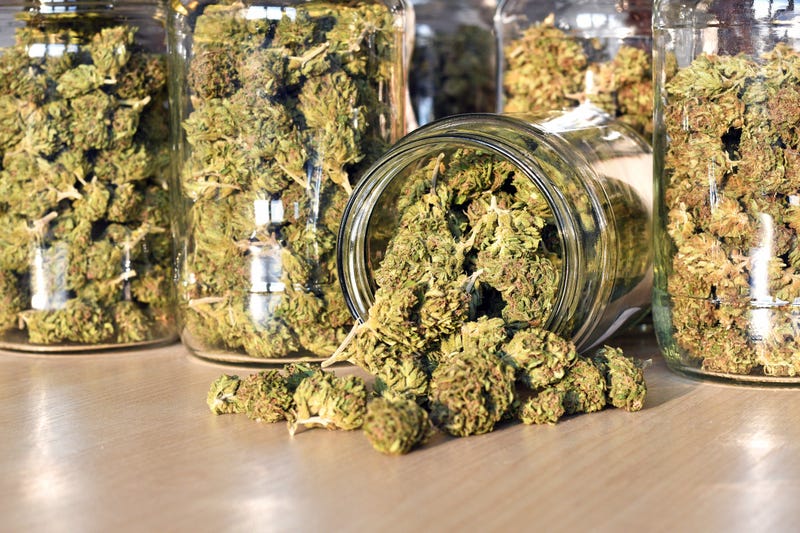Jeff Sessions has made no secret of the fact that he cares more about punishing people who use and sell marijuana than he does about finding a resolution for the country’s opioid crisis. Even with multiple state legalizing the use of medicinal and/or recreational marijuana, the U.S. Attorney General has it his personal mission to squash that industry and those who participate in it like a bug.
He even issued an order last month to encouraging prosecutors to aggressively enforce federal marijuana laws
Sessions’ dedication to preventing anyone from being able to use marijuana legally is now being challenged in court. A federal lawsuit filed against Sessions and the DEA in Manhattan in July has hit the docket Wednesday, the New York Times reports, and now both sides will have the opportunity to present their case before a judge.
The third plaintiff is the nonprofit Cannabis Cultural Association, a group that assists minorities in the marijuana industry. They claim that the Controlled Substances Act has been used to discriminate against minorities.
Joseph A. Bondy, one of the lawyers who brought the suit, told the Times, “It’s the first time a young child who needs lifesaving medicine has stood up to the government to be able to use it. It’s the first time that a group of young millennials of color has stood up to the government and said the marijuana law is wrong and has destroyed their communities.”
The lawsuit also points out blatant hypocrisy on the part of the U.S. government when it comes to marijuana. While the government claims pot is a dangerous substance, the U.S. Department of Health and Human Services obtained a patent on the compounds in marijuana in 2003, to protect against brain damage. In 2015, former Surgeon General Vivek Murthy said publicly that marijuana has medical benefits.
On Wednesday, Assistant U.S. Attorney Samuel Dolinger asked Judge Alvin Hellerstein to dismiss the case because “courts around the country have considered similar or identical claims and have rejected them.”
Michael Hiller, lead counsel for plaintiffs in the case, told reporters after the hearing “There is a well-established body of case law that when the facts change, the courts have to change, too. If you only decided case law based upon what people thought years before, we would never have Brown v. Board of Education. … We would never have Windsor. We wouldn’t have marriage equality.
Judge Hellerstein openly admitted in court that marijuana does not meet one of the three requirements for Schedule I drug status.
“Your clients are living proof of the medical applications of marijuana,” Hellerstein said to Hiller during the hearing. “I have to take the plausible allegations in your complaint as true. How could anyone say that your clients’ lives have not been saved by marijuana? How can anyone say that your clients’ pain and suffering has not been alleviated by marijuana? You can’t, right?”
But Hellerstein also questioned whether the DOJ decision should be challenged in district court.
“There are lots of things district judges have to do,” Hellerstein said. “When agencies are set up to do the very kind of thing that you want me to do, I think the right thing is to defer to the agency.”
Hellerstein did, however, delay making a decision on the government’s request to dismiss the case.
“He’s going to consider the issues over the next several days or weeks until he comes to a conclusion,” Hiller said.
Let’s hope the judge allows the suit to move forward, because making marijuana a Schedule I drug is one of the more ridiculous moves our government has made.


No comments:
Post a Comment